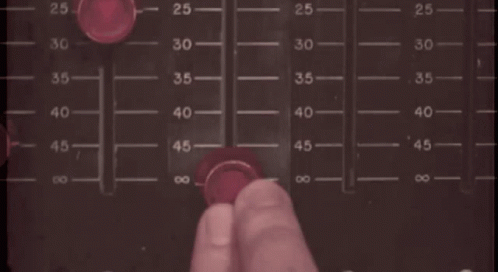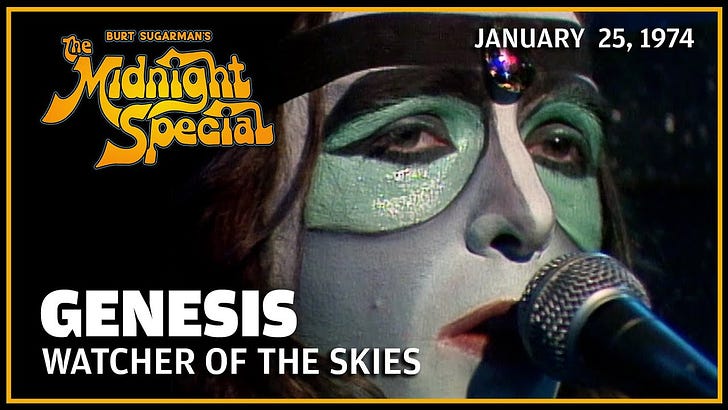🚢Yacht Pop Anchors #2: Eric Carmen, Sutherland Bros. & Quiver, Grand Funk
We embark on a voyage to a land of lesser-heard classic rock artists & tunes! Yacht Rock Radio might play them, but some of these eluded terrestrial radio 5 decades ago. We're doing what they didn't!
“Yacht rock,” proclaims the mighty Wiki, “is a broad music style and aesthetic commonly associated with soft rock, one of the most commercially successful genres from the mid-1970s to the mid-1980s.”
Here, it’s the loud, but smooth collision of The Bottom Ten, the anti-hit, with the more power pop-leaning tunes (sometimes highlighting the power but mostly the pop…oh, there will be guitars!), and mostly by longtime, legacy artists with whom you might already be familiar!
You might hear these songs or artists on Yacht Rock stations. That won’t exclude them from being present here, where they’ll get even more exposure, and their overall appreciation and contributions will be highlighted!
🚢Yacht Pop Formula: Pop, Power, Few Ears, Artists with Length🚢
Eric Carmen “Sunrise,” 1975, Arista Records
In May 1975, upon the completion of the Lamb Lies Down on Broadway tour, Peter Gabriel left Genesis. This caused seismic aftershocks in the prog and general rock world, and questions emerged about the band’s future as rapidly as they formed about the future of the band’s former lead singer.
Having recorded demos for a solo album by the end of ‘75, Gabriel spent 1976 recording his debut Peter Gabriel (aka “Car”), with a release date of February 1977, with noted rock producer Bob Ezrin at the helm, the only man (certainly in retrospect) who could’ve gotten that album’s sound. Curiously, Ezrin never returned to a Gabriel sound board until they reunited in 2009 for the recording of Scratch My Back.
Having been a several-year fan of Genesis by this point (and having seen the Gabriel-led band, live, twice…once in Austin in 1974, and the ‘75 Lamb tour stop in Houston), I was intensely interested in not only how Genesis would continue, but what would a solo Gabriel album sound like?
Related:
In February ‘77, when my stylus first met “Moribund The Burgermeister,” every question was answered with a resounding, “Wow” (certainly with “Solsbury Hill”)!
What’s Going On Here?
Keep reading with a 7-day free trial
Subscribe to Front Row & Backstage to keep reading this post and get 7 days of free access to the full post archives.






